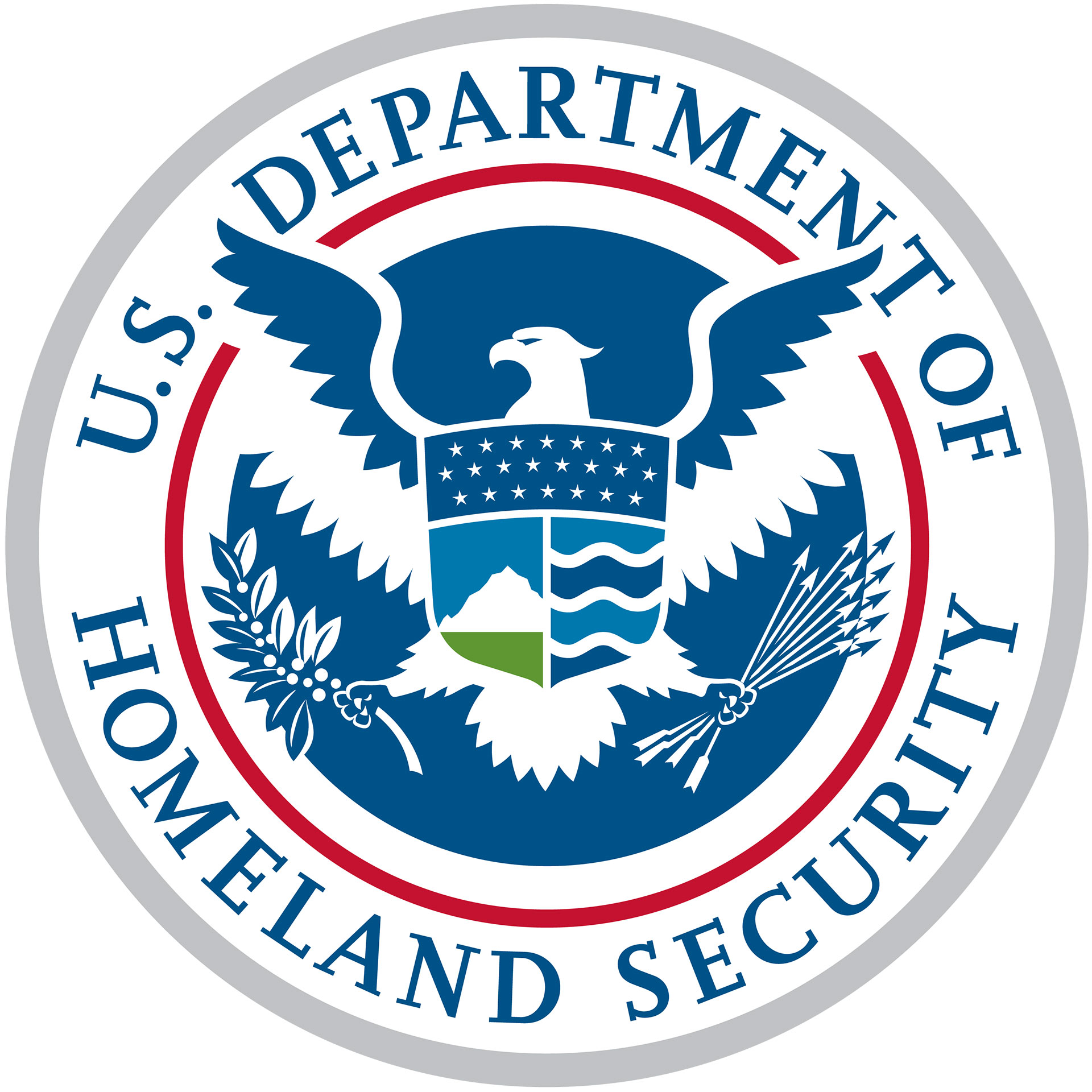
The Department of Homeland Security (DHS) — the nation’s largest federal law enforcement agency — recently updated its use-of-force policy to comply with President Biden’s executive order aimed at increasing accountability for federal agencies.
The DHS oversees 15 agencies, including Customs and Border Protection, Border Patrol, Immigration and Customs Enforcement, the Secret Service and 12 others.
Secretary of the Department of Homeland Security Alejandro Mayorkas said the policy changes are intended to boost public trust, accountability and transparency.
The DHS released a detailed memorandum on the department’s use-of-force policy, which began with a general statement on the “objective reasonableness” standard of force, explaining that LEOs “may use force only when no reasonably effective, safe and feasible alternative appears to exist and may use only the level of force that is objectively reasonable in light of the facts and circumstances.”
The policy goes on to state that a reasonable standard of use of force cannot be “defined precisely” and depends on the context of the situation and the judgment of the officer at the time.
The policy continues by addressing general principles for DHS officers to abide by, such as having a respect for human life, as well as requiring officers to undergo de-escalation training and use safe tactics during apprehensions, such as minimizing the use of chokeholds.
Like other use-of-force reforms incorporated by many local and state agencies around the country in recent years, the DHS also advised in their guidelines that officers must give verbal warnings to suspects before engaging them and must offer medical assistance to injured subjects.
According to the memorandum, DHS officers also have a duty to intervene in and report improper use of force by co-workers.
In addition, the policy covers use-of-force training for officers, the use of lethal and non-lethal weapons, the use of deadly force, reporting requirements, and limits the use of no-knock warrants by requiring officers to first obtain a warrant from a judge.
Human rights activists responded negatively to the updated guidelines, claiming they do not go far enough.
“These new policies are not anywhere near enough,” said Andrea Guerrero, executive director of the community organization Alliance San Diego. “The policy doesn’t protect life; it protects officers and agents.”
It’s not clear how the policy updates will impact the CBP and Border Patrol, which collectively employs around 50,000 officers and agents nationwide.
According to union officials, the changes will not significantly impact how CPB officers and others do their jobs — whose primary duty is to screen incoming travelers and cargo at land, sea and air entry ports.
“This is something we’ve been doing for a very long time,” CBP officer Alfonso Ortiz of the policy update said.
The DHS memo comes after President Biden’s executive order in 2022, which was passed in response to the death of George Floyd two years prior.
“It is time that we acknowledge the legacy of systemic racism in our criminal justice system and work together to eliminate the racial disparities that endure to this day,” the order read. “Doing so serves all Americans.”
The order mandated a national database for tracking officer misconduct and directed federal organizations to clarify their use-of-force standards and disciplinary processes.
CBP Officer and Union Vice President Arnold said the CBP and ICE already ban the use of chokeholds, despite the DHS policy still allowing for their use in limited circumstances.
“Trainers have been telling us that carotid chokes are not a part of our use-of-force policy for quite a while,” Arnold said.
Lilian Serrano, director of the Southern Border Communities Coalition human rights group, was peeved that the maneuver was not outright banned.
“Chokeholds put lives at risk, and this policy still allows that wiggle room. They should have been (completely) prohibited.”
When it comes to departmental training, Ortiz — who also works as the CPB union treasurer — said the department is ahead of the game.
He added that the union bargaining team “is very satisfied with (CBP’s) training department and what the agency has been teaching.”
Ortiz also said the department does not conduct no-knock warrants.





